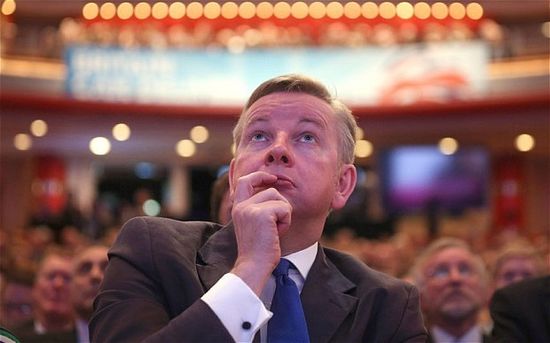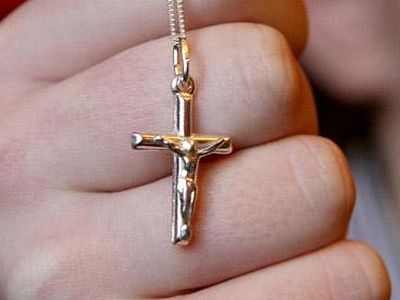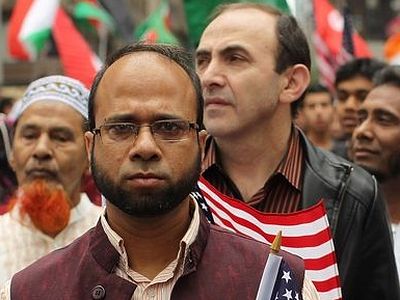April 2, 2015
Christians in Britain are being cowed into hiding their faith for fear of being viewed as a “bigots” and “accessories to child abuse” or simply fools obsessed with “genuflection before a sky pixie”, according to Michael Gove.
The Coalition Chief Whip said such is the antipathy to religion that prayer is now viewed with greater suspicion than smoking crack while those who publicly profess faith are assumed to believe in “bronze age absurdities”.
Meanwhile some of the most dedicated and selfless people in society are written off as “moral imperialists” whose motives in helping others are “sullied” by their beliefs.
But writing in The Spectator, he argued that far from making people more judgmental towards others, faith teaches people true empathy and enables them to recognise their own flaws.
In what could be one of the most frank admissions ever made by a politician during an election campaign, Mr Gove conceded: “I am selfish, lazy, greedy, hypocritical, confused, self-deceiving, impatient and weak.
“And that’s just on a good day.
“As the Book of Common Prayer puts it, ‘We have followed too much the devices and desires of our own hearts … And there is no health in us.”
But he said that his time in office had brought home to him the depth of antipathy towards faith in a culture where relativism is the new orthodoxy.
“This prejudice that Christian belief demeans the integrity of an action is remarkably pervasive - and on occasion singularly vehement,” he said.
“One of the saddest moments during my time as Education Secretary was the day I took a call from a wonderfully generous philanthropist who had devoted limitless time and money to helping educate disadvantaged children in some of the most challenging areas of Britain but who now felt he had no option but to step away from his commitments because his evangelical Christianity meant that he, and his generosity, were under constant attack.”
He went on: “To call yourself a Christian in contemporary Britain is to invite pity, condescension or cool dismissal.
“In a culture that prizes sophistication, non-judgmentalism, irony and detachment, it is to declare yourself intolerant, naive, superstitious and backward.”
He added: “If we’re Roman Catholic we’re accessories to child abuse, if we’re Anglo-Catholics we’re homophobic bigots curiously attached to velvet and lace, if we’re liberal Anglicans we’re pointless hand-wringing conscience-hawkers, and if we’re evangelicals we’re creepy obsessives who are uncomfortable with anyone enjoying anything more louche than a slice of Battenberg.
“Even in the area where Christianity might be supposed to be vaguely relevant — moral reasoning — it’s casually assumed that Christian belief is an actively disabling factor … Where once politicians who were considering matters of life and death might have been thought to be helped in their decision-making by Christian thinking — by reflecting on the tradition of Augustine and Aquinas, by applying the subtle tests of just-war doctrine — now Christianity means the banal morality of the fairy tale and genuflection before a sky pixie’s simplicities.”
He drew attention to a Newsnight interview in 2003 in which Jeremy Paxman asked the then Prime Minister Tony Blair whether he and George W Bush had prayed together before invading Iraq.
“The question was asked in a tone of Old Malvernian hauteur which implied that spending time in religious contemplation was clearly deviant behaviour of the most disgusting kind,” he said.
“Jeremy seemed to be suggesting that it would probably be less scandalous if we discovered the two men had sought relief from the pressures of high office by smoking crack together.”







